Services
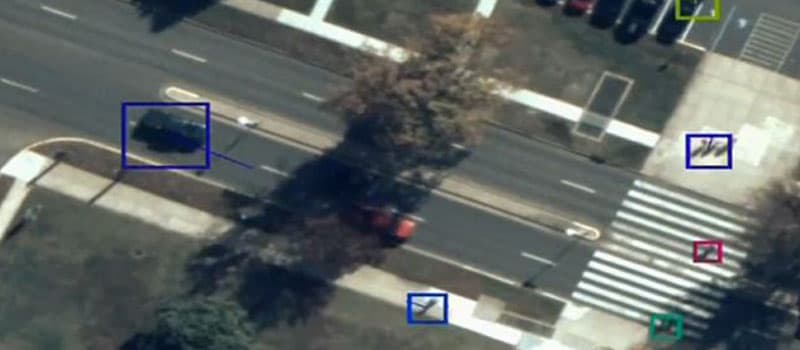
Ground-Based ISR
The principal function of the intelligence, surveillance, and reconnaissance (ISR) component of command, control, communications, computers, intelligence, surveillance, and reconnaissance (C4ISR) is to find, fix, and track both friendly and hostile forces, as well as to assess damage to hostile targets in an area of interest. In addition to sensing (collection), the function includes the tasking of sensors and the integration, interpretation, and exploitation of sensed information.
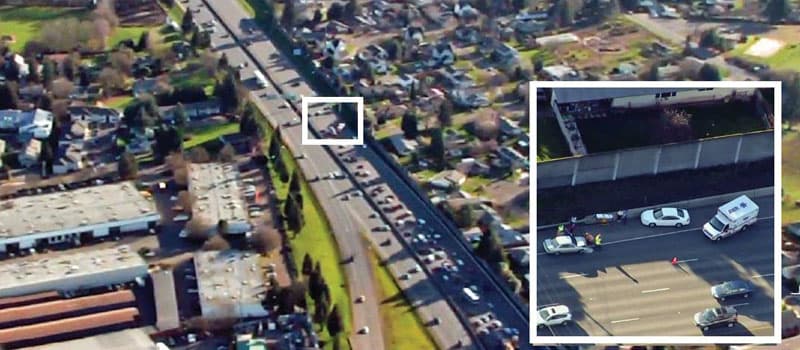
Pattern of Life Recognition
Activity-based intelligence (ABI) is an analysis methodology that rapidly integrates data from multiple sources such as FMV and HUMINT to discover relevant patterns, determine and identify change and characterize those patterns to drive collection and create decision advantage. Pattern-of-life is the specific set of behaviors and movements associated with a particular entity over a given period of time. The focus on an individual or group of individuals is the fundamental uniqueness behind pattern of life analysis and drives the need for a new set of techniques and approaches to intelligence collection.
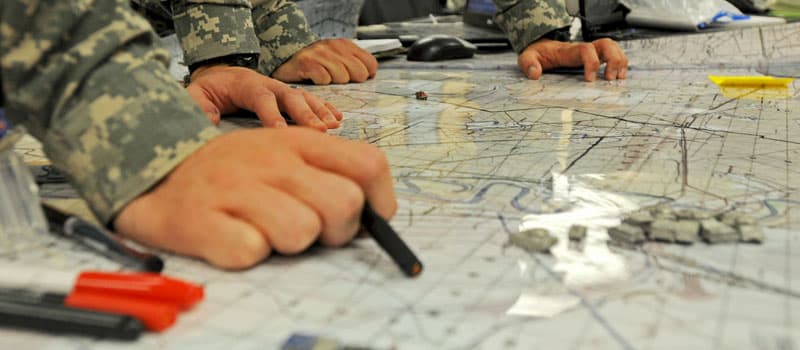
Force Protection
Unmanned surveillance aircraft offer a significant value to current Force Protection measures particularly in areas of mountainous terrain and maritime environments where the enemy has ample opportunity for advancement on protected establishments. By extending the range of awareness Commanders in the field have the advantage of real time information and imagery that can dramatically change the outcome of any engagement.
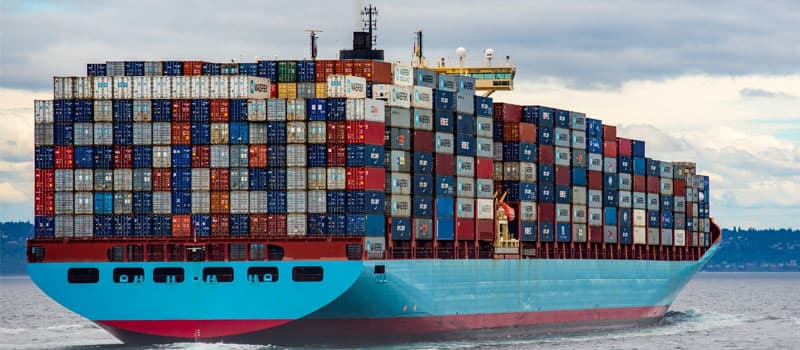
Anti-Piracy
Contemporary maritime piracy reached its peak level in 2010, with around 445 reported incidents. The regions most likely to come under threat from pirate attacks include Indonesia, Malaysia, Nigeria and the Gulf of Aden. Strategic passages for oil transport such as Bab-el-Mandeb near Somalia, or the Strait of Malacca off the Indonesian coast have become notorious targets for maritime crime.
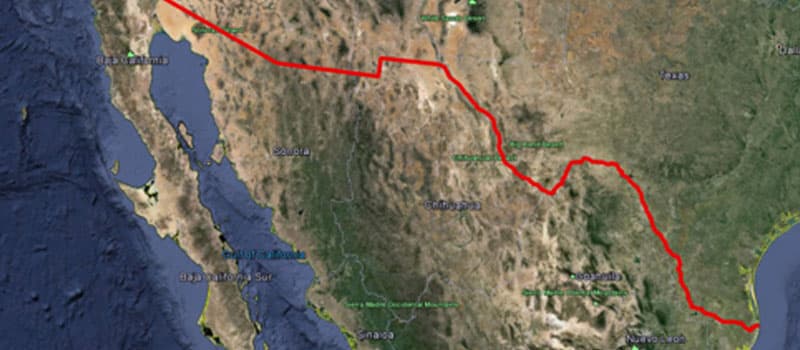
Border Protection
Mass migration has become a recent threat to international security and individual sovereignty of nations. Border control requires a variety of tools and advanced technology in order to stem the flow of illegal migration, cross border narcotics trafficking, human trafficking and the growing threats of terrorism. Persistent surveillance with UAS platforms offer enhance vision through the night, coherent change detection of common routes and automated motion detection software to help maintain targets on the move.
Humanitarian Services
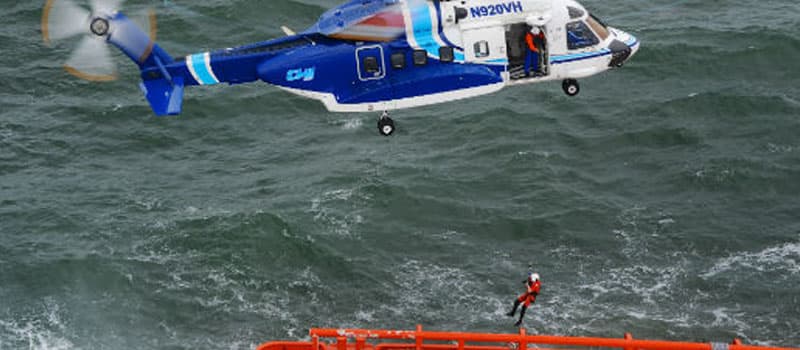
Search and Rescue
Search and rescue efforts can be greatly enhanced with the use of UAS platforms equipped with Thermal imagery systems. Thermal imaging lets you see through wide swaths of wilderness and between dark or poorly illuminated spaces in a city. Time is critical on every mission and eyes in the sky can reduce search time and possibly deliver lifesaving supplies and communication equipment needed to achieve positive outcomes.
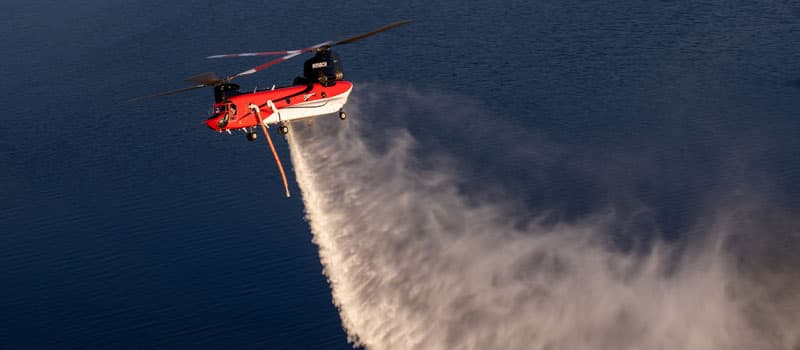
Firefighting
UAS technologies offer a tremendous leap forward in capabilities for the fire service. Not only do UAS give first responders the ability to have a bird's eye view of the scene, they also offer the potential for entirely new strategies and tactics that could change operations drastically. Examples of how UAS may be employed would include: Structural and Forestry firefighting, Disaster response, Emergency medical services and hot zone work in real time using high-resolution and thermal imaging.
On Target, Always
We build a capability that keeps the war fighter safe and provide crucial information at critical times.
Download Capabilities Briefing